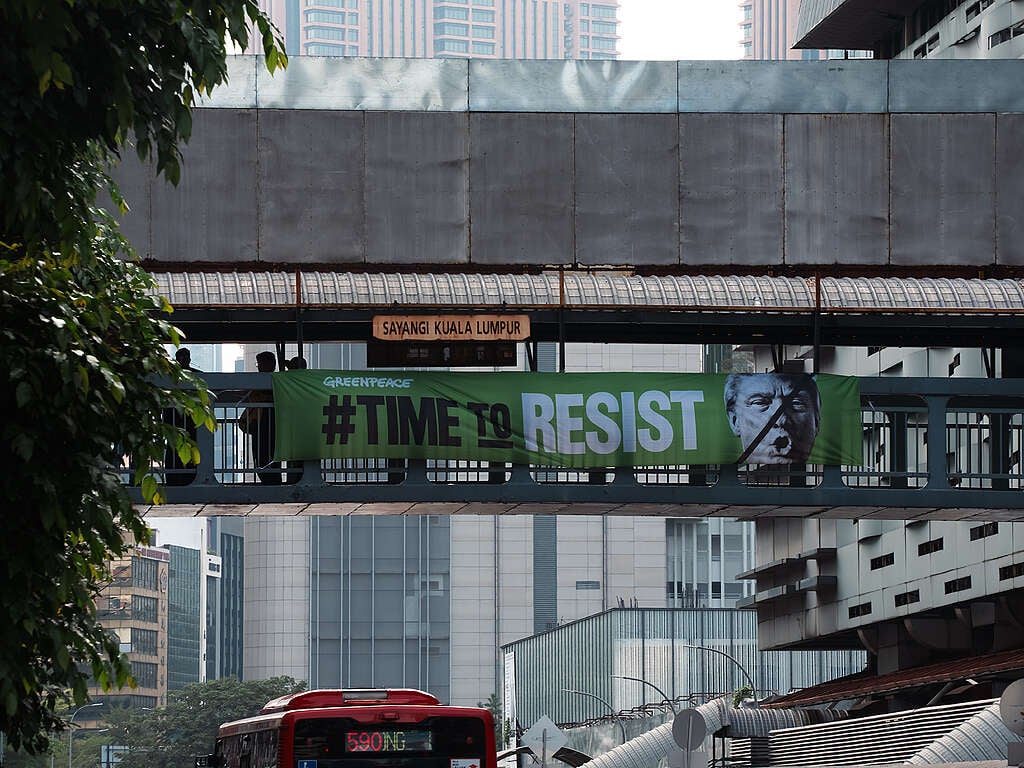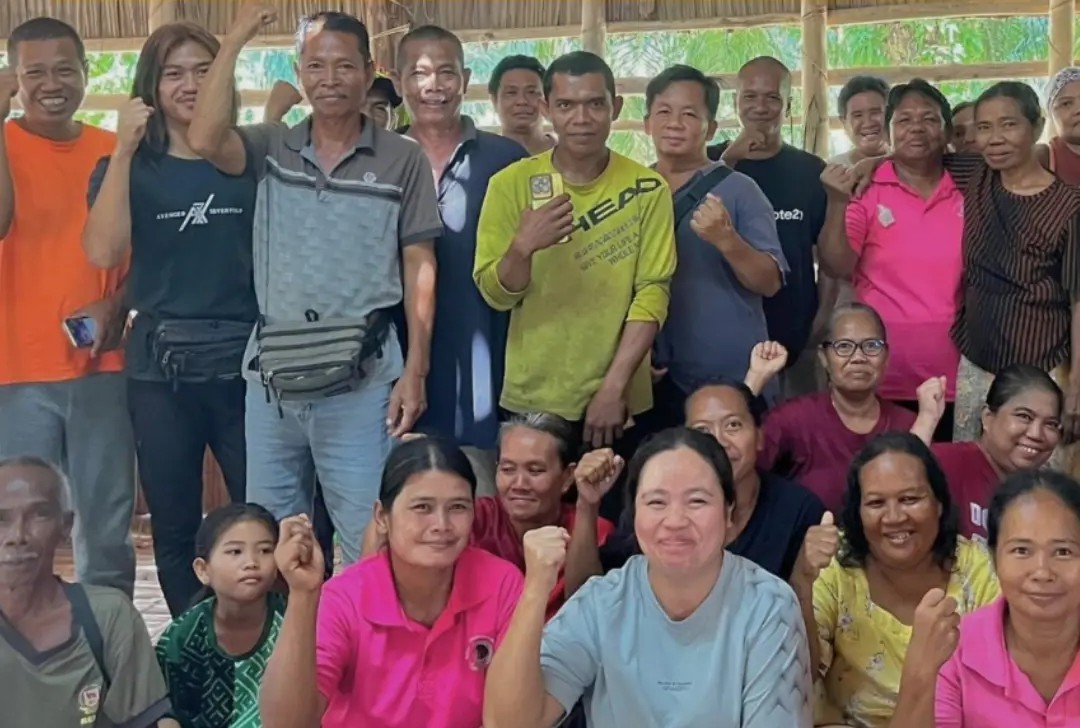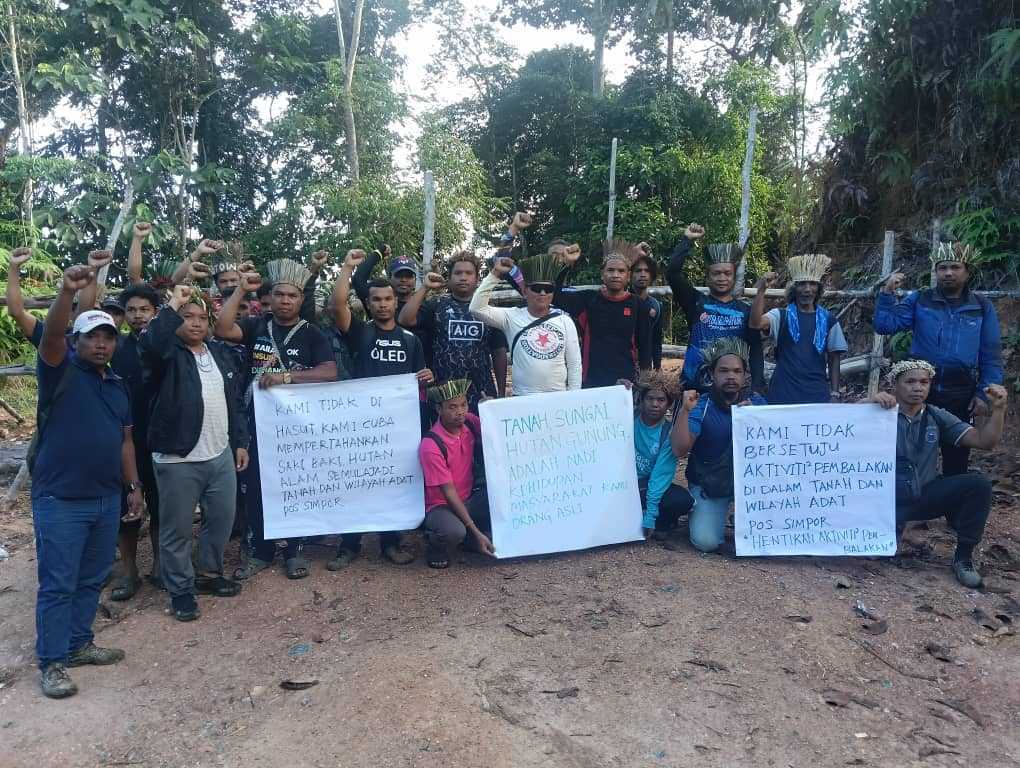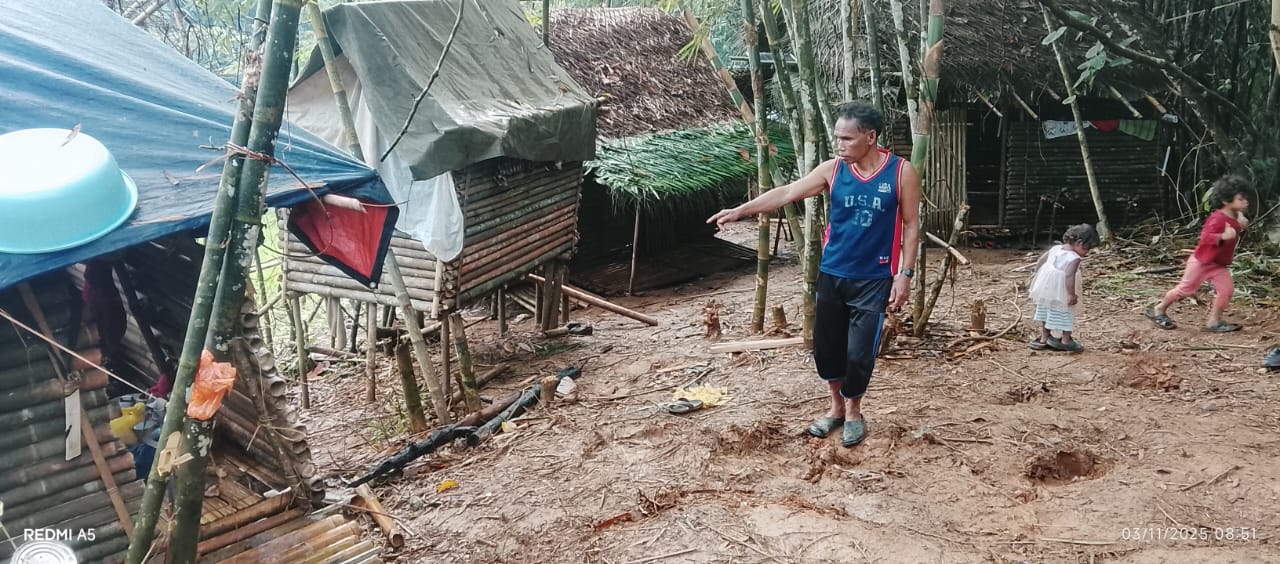Greenpeace Malaysia calls for stronger environmental and social considerations in Malaysia-US Trade Agreements
26 October 2025, Kuala Lumpur – Malaysia signed both a Memorandum of Understanding (MoU) with the United States (US) concerning Cooperation to Diversify Global Critical Minerals Supply Chains and Promote Investments, and the Agreement on Reciprocal Trade (ART). The US signed similar agreements for critical minerals with Thailand, Cambodia and Vietnam.
This week, we asked ASEAN to walk the talk, and to uphold integrity, justice, and dignity. We asked our leaders to resist selling out our principles to hypocrisy and denial, to stand strong as a force from the Global South. We recognise the diplomatic efforts of PMX’s leadership as chair of ASEAN and Malaysia’s open and non-aligned economic stance. However, we are deeply concerned about the socio-economic and environmental implications, and the power imbalances that may arise from the recently signed agreements.

The MoU is focused on growth and development, with weak language surrounding the enforcement of Business and Human Rights values. It also fails to make reference to the United Nations Sustainable Development Goals, Guiding Principles, nor the International Energy Agency’s guidelines on Sustainable and Responsible Critical Mineral Supply Chains. Furthermore, while the MoU mentions under Areas of Cooperation the potential inclusion of “fair and equitable treatment of investors”, it does not extend the same fair and equitable considerations to local communities, biodiversity and ecosystems that may be impacted by Critical Minerals or Rare Earth Element (REE) mining activities.
Malaysia’s Rare Earth deposits are mainly found in the states of Terengganu, Kelantan, Pahang, Perak, and Kedah – much of them located in forest reserves where current industrial activities encroach on the homes of Orang Asli communities. In addition to a burgeoning REE industry with potentially relentless economic activity with economic superpowers, Malaysia experiences yet another REE plant being developed by Lynas in Gebeng, Pahang, and permanent disposal facilities (PDF) nearing completion. Although Environmental Impact Assessments (EIA) are needed for Rare Earth projects, its mechanisms are not adequate in ensuring the protection of Indigenous Rights. Consent is frequently not obtained and consultations are found to be unmeaningful and not inclusive. Indigenous lands and its vicinities should be classified as No-Go Zones as mining and processing activities pose serious risks to people and the environment.
2 notable points from the ART mention,
“(1) refraining from banning, or imposing quotas on, exports to the United States of critical minerals or rare earths elements; (2) granting extended operating licenses so that businesses have the certainty to increase production capacity; and (3) ensuring that no restrictions are imposed on the sale of rare earth magnets to U.S. companies.”
and
“Strengthening Environmental Enforcement: Malaysia has committed to adopt and maintain high levels of environmental protection and to effectively enforce its environmental laws.”
There remains a critical gap in Malaysian policy frameworks governing Rare Earth Elements and their supply chain, especially on monitoring, on enforcement for sustainable exploration, and on usage. These portions of the ART could lead to massive contradictions: ensuring no sale restrictions and certainty for businesses to increase capacity of production, and by extension, extraction of critical minerals or Rare Earth Elements (REE) on one hand, and a mere commitment to adopt and ‘maintain’ high levels of environmental protection on the other. Considering most of our REEs are within forest reserves without strong FPIC mechanisms and forest governance in place, this commitment risks being one of duplicity.
Compounding these contradictions are commercial deals involving Petronas purchasing USD $3.4bn worth of Liquefied Natural Gas (LNG) from the US per year notwithstanding prior and existing deals, and USD $7 – 9bn worth of LNG from Australia over a period of 15 years as Malaysia becomes a LNG importer due to supply shifts. 20.9 million tons of coal were also imported in H1 of 2025 due to energy demand for data centers and balancing LNG revenues. While it is recognised that there are major undertakings by the Malaysian government on decarbonisation, it is worth noting that the approach to decarbonise in Malaysia is economically more affordable through solar rather than through importing LNG. By agreeing to provide unrestricted access to REE, we are effectively selling away the means to develop solar capacity at a cheaper rate and relying on LNG for decarbonisation.
Greenpeace Malaysia calls on the government for greater transparency, accountability, and engagement with civil society and industry experts to ensure adherence to Malaysia’s NDCs (National Determined Contributions), decarbonisation and just transition initiatives. It is crucial that the government upholds ethical and sustainable practices that align with environmental protection and rehabilitation, while safeguarding and promoting the fundamental right to a safe, clean, and sustainable environment – especially with the nascent National Action Plan on Business and Human Rights (2025-2030) that aims to center rights-based approaches in institutional decision making and legislation.
It’s Time to Resist profiteering through partnerships that compromise our environmental integrity, indigenous rights, and community wellbeing. We must resist exploitation and work together on a future where socio-economic progress is centered around sustainability, equity, and respect for our shared environment, local communities and their rights.



